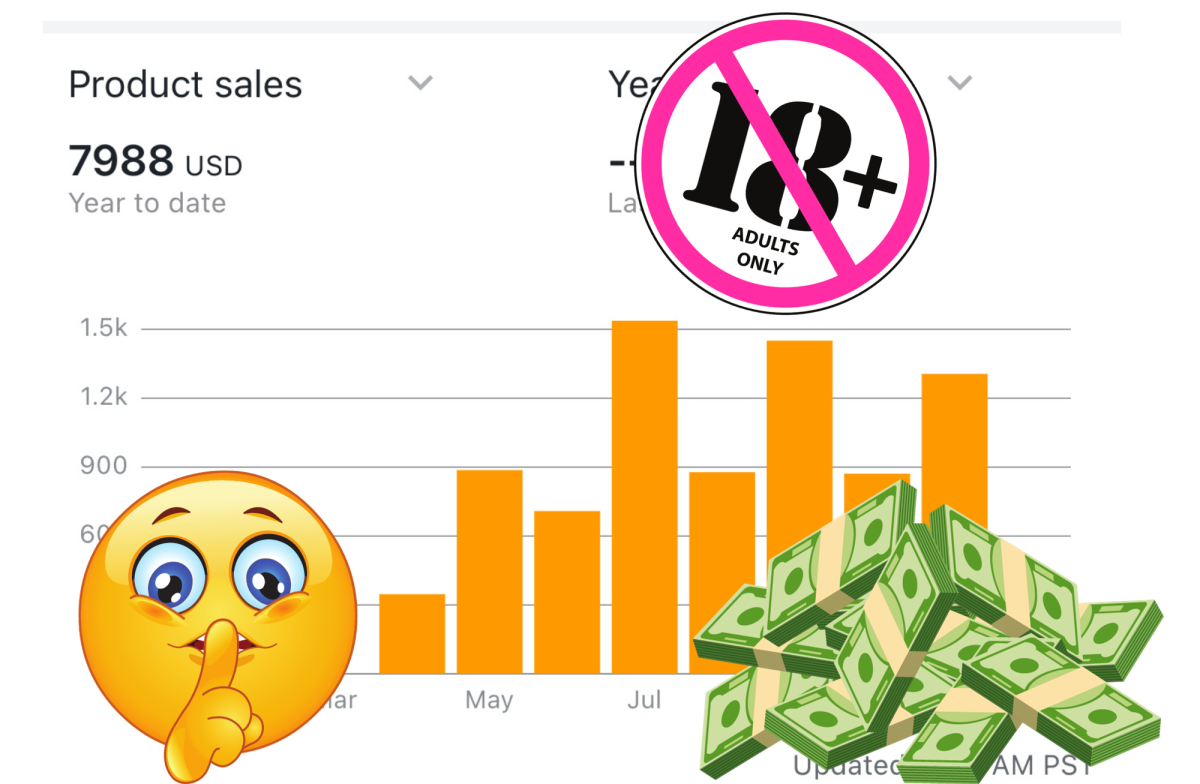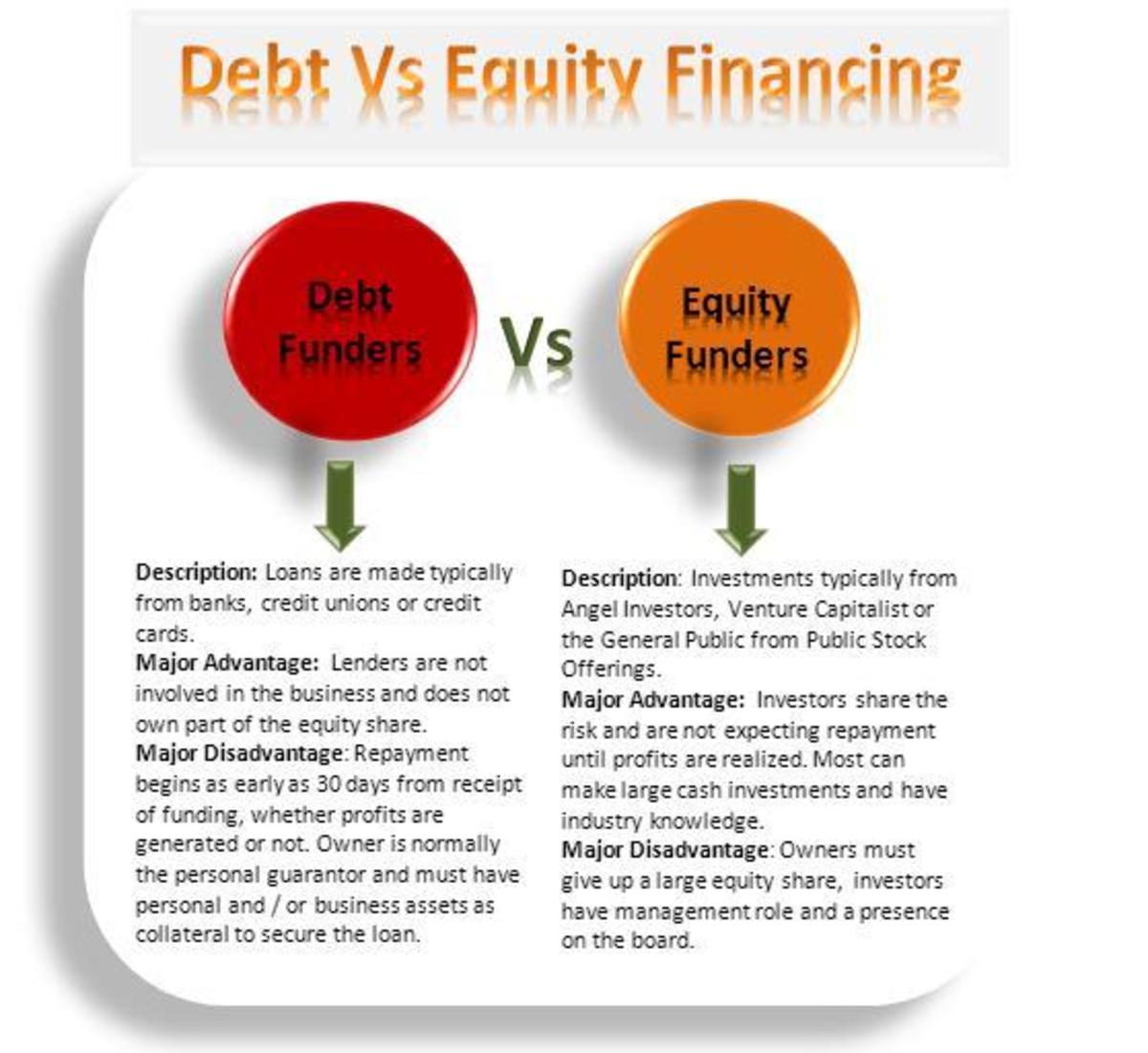Law School - Law Schools are Losing Applicants - Should You Apply

A Business Coach on Whether You Should Go to Law School
A Law Career is No Longer a Guarantee of a High Income
There was a time when law school and a law degree was a ticket to financial security. If you graduated from a solid law school you could expect to find a good paying job within a short time.
The economics of the legal profession have changed, and not for the good. The still struggling American economy is one of the problems to be sure, but the financial dimensions of the downturn in legal work go much deeper than a slow economy. A law career is not what it used to be.
The conventional wisdom of recent times that there are too many lawyers seems to have been heeded by undergraduates contemplating their futures. There has been a dramatic fall-off in students signing up for the Law School Admission Test (LSAT). Obviously, the fewer tests that are given the smaller the incoming crop of freshmen law students. The legal profession may be losing its appeal as a career.
A recent article in The New York Times discussed just how serious the issue is. (New York Times, March 19, 2012). http://www.nytimes.com/2012/03/20/business/for-lsat-sharp-drop-in-popularity-for-second-year.html. The Law School Admission Council, the organization that administers the tests, reported that the LSAT was given 129,925 times in the current academic year, well off the 155,050 of last year and far from the peak of 171,514 the year before. In the last two years there has been a drop of almost 25% of test takers. It’s clear, with numbers like these, that a legal career is not as attractive as it once was. Something big is going on, and there are some big reasons why it’s happening.
Technology is Taking a Toll on the Legal Profession
Research, both factual and legal, used to be a matter of lawyers sifting through mountains of paper. Take, for example, a lawsuit where one corporation claims that another corporation intentionally violated its trademark on the word thingamajig. Picture a large room full of dozens, maybe hundreds, of lawyers combing through every piece of correspondence and internal memoranda looking for evidence that the word thingamajig indicated a trademark violation. These lawyers run a tab of hundreds of dollars an hour each. This is why a commercial litigation case is sometimes referred to as a “bonfire of cash.” Now take this same scene today. Instead of looking for the word on every page of every document, the paper is now digitalized and sits on a computer’s hard drive, and the lawyer simply puts in the word into the find field and hits search. The work of a hundred lawyers now becomes the labor of a half-dozen.
It gets worse. Technology also means that a lot of low level research can be done overseas at additional savings. Not only are the hours less, the hourly fees are less. For every high paid lawyer who is replaced by a low paid researcher, that is one less high paid American job to look forward to after law school.
Corporations are also getting grouchy about the fees submitted to them by the law firms they hire. It’s no longer a question of just paying the invoice; the corporate client wants to know why. Technology has produced a type of software known as matter management, such as Lawtrac. This software produces detailed reports on every aspect of every matter that the company hired the law firm to handle.
The Other Economics: What Does Law School Cost?
According to the American Bar Association, the average tuition at an American law school in 1985 was $2,006. By 2009 it had increased to $18,472. The tuition goes up around ten percent a year, so it is now close to $25,000 annually, and that is just the average. It doesn’t count books and fees, and it doesn’t count the lack of income while you’re attending law school.
Lawsuits have been brought against law schools across the country blaming the schools for enticing students with the picture of a rosy future. Most legal commentators don’t see much chance of success of these suits, but their very existence shows the frustration out there with so few job openings. The New York Times reports that a case of nine graduates who sued New York Law School has been dismissed by a judge. (New York Times, March 23, 2012). David Anziska, the attorney who represented the students, has also filed suit against 14 other law schools as of March 2012.
According to its annual survey of law schools, the U.S. News and World Report noted that among the195 ranked law schools surveyed in 191 of the schools the average indebtedness for 2011 grads was $100,584, and at some schools with the most heavily indebted students, the loan tab can be over $150,000. (U.S. News and World Report, March 22, 2012). That’s a mortgage on a nice house, but you can live in a house. Unless you can justify that investment in law school with a large enough income to pay it off, you’ve moved into a tough neighborhood.
So Why Not Hang Out Your Own Shingle?
Unemployed lawyers from large or medium sized law firms can always go out on their own and just hang up a shingle, no? Well, maybe. Just as technology has dampened the market for legal work in large or medium sized firms, it also has played havoc with the solo practitioner. A few years ago, before the dawn of the computer revolution, a solo practitioner knew he or she could rely on a steady stream of clients looking for wills, a lease, incorporate a business or any number of document-driven legal chores. Now they have to contend with competition from any number of legal template companies such as LegalZoom. These companies offer inexpensive electronic legal templates for virtually anything that requires a form, and so much of the law is just that: forms.
Gone is the day when bar associations acted like trade guilds and would sue people for “practicing law without a license,” thereby restricting the supply of law practitioners and increasing the demand (and fees).
But there are many areas of the law that cannot be automated, and for which the services of a lawyer are still in demand. Criminal law, divorce law, personal injury law, commercial litigation just to name a few, are not matters for do-it-yourselfers.
What it Takes to be a Successful Solo Practitioner. If you want to sell insurance or become a stockbroker you have to take a test, not only on the substantive knowledge required, but also a psychological exam to see if you’re cut out for sales. Law schools have no entrance requirement to see if practicing law is something that you would actually enjoy.
If you’re a solo practitioner, think of yourself as being a salesperson, because you have to be. To earn enough to pay off your student loan and have some left over to buy food, you need clients. To get clients you have to join organizations, network at every opportunity, schmooze like a time-share salesman, and generally do everything you can to get your name and face in front of potential clients. If you’re an introvert, and there is absolutely nothing wrong with being an introvert, building a successful solo law practice will be a challenge.
If you yearn to be a lawyer, and you are fascinated by the law, don’t be discouraged. But at the same time, be realistic. A law degree no longer guarantees a high income, but you can be successful. Like most things in life, it’s up to you.
Russ Moran, who wrote this article, is the author of Justice in America: How it Works—How it Fails







